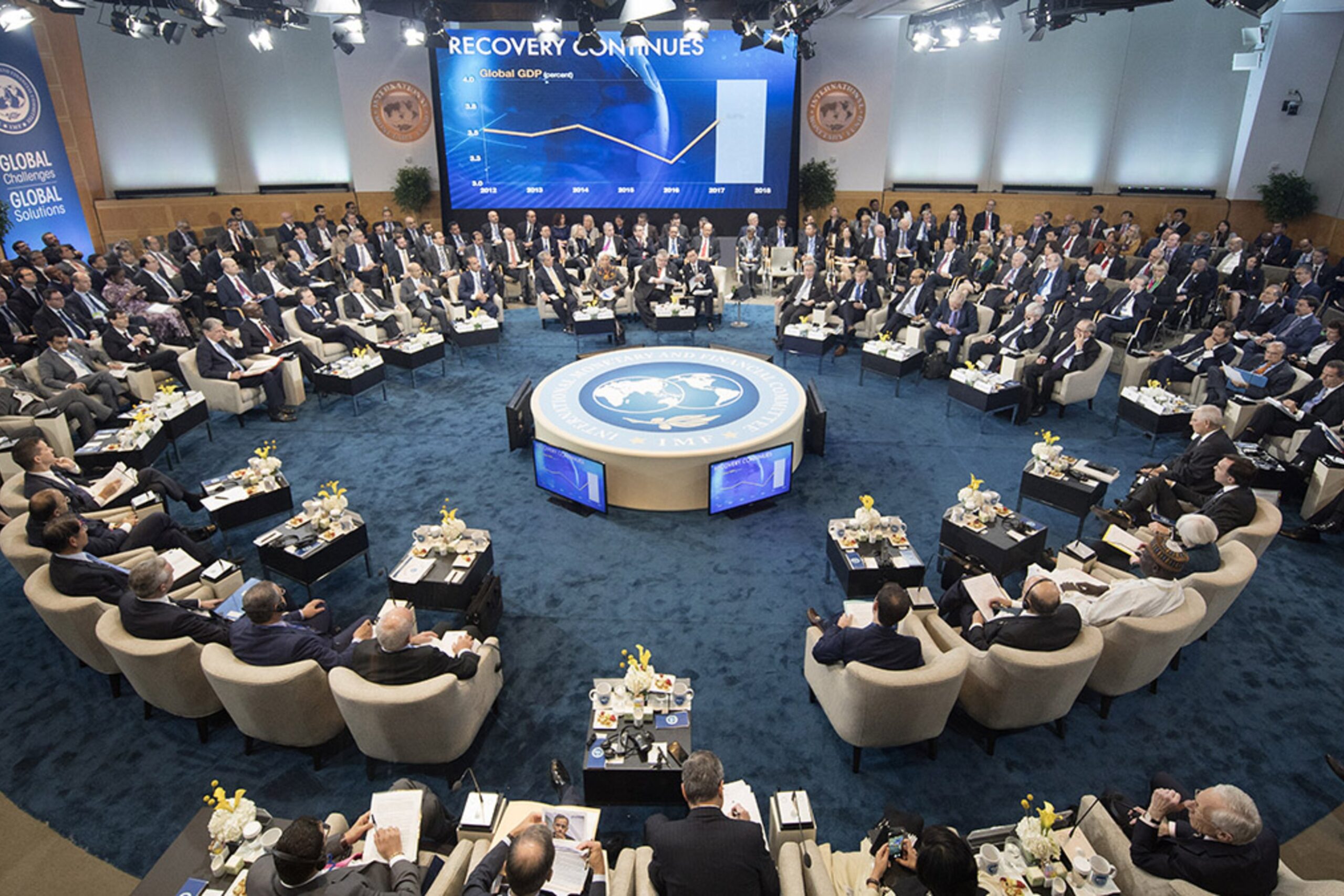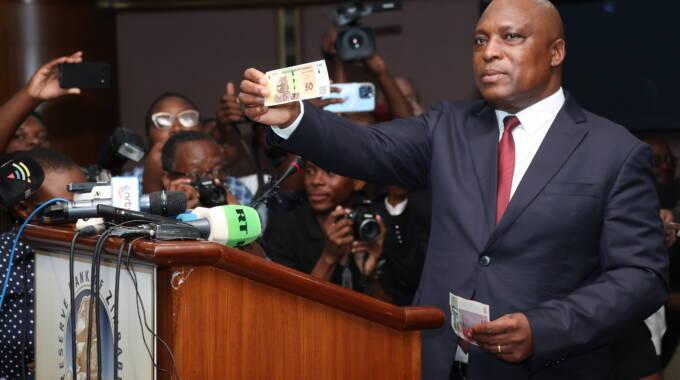Pressure to formalise businesses intensifies
In a significant move towards economic stabilisation and growth, Reserve Bank of Zimbabwe Governor Dr John Mushayavanhu has expressed strong support for efforts to formalise the informal sector.
The push is part of broader measures outlined in the 2025 Monetary Policy Statement announced last Thursday, aimed at enhancing Government tax revenues and stabilising the economy.
Last week, Finance, Economic Development and Investment Promotion Minister Professor Mthuli Ncube announced measures to rein in a burgeoning informal sector that was threatening the survival of formal businesses.
The Monetary Policy emphasises the need for both the informal and formal sectors to align, creating a more cohesive economic environment.
Dr Mushayavanhu is advocating the integration of informal businesses into a system that includes dual currencies, bank accounts, and electronic payments, which is essential for achieving the Government’s economic goals.
Under the new regulations, items on a list of commonly smuggled goods will be presumed smuggled unless merchants can provide valid customs clearance.
This initiative places pressure on businesses to ensure compliance and legitimacy in their operations.
Government will implement a presumptive retail-level VAT that manufacturers must collect when selling to small or informal businesses lacking tax clearance certificates.
This measure restricts wholesalers from engaging with unlicensed entities, further pushing informal businesses towards formalisation.
The introduction of elevated presumptive taxes presents a significant challenge for unregistered businesses, with a quarterly tax liability of US$9 000 for an unregistered tuckshop, compelling owners to register with the Zimbabwe Revenue Authority (Zimra) to avoid such hefty charges.
In alignment with the 2025 Monetary Policy, Dr Mushayavanhu has laid out specific conditions for small businesses seeking formalisation, including mandatory bank accounts to manage financial transactions effectively.
Acceptance of a dual-currency point-of-sale (POS) system is now required, allowing customers to choose their preferred currency during transactions.
These conditions are designed to facilitate compliance with tax regulations while encouraging a smoother transition into the formal economy.
To support small businesses, both Prof Ncube and Dr Mushayavanhu have ensured that minor electronic transactions will not incur taxes or bank charges.
For transactions under US$5, there will be zero POS fees, and transactions below US$100 will face no banking fees.
This strategy aims to alleviate the financial burden on small businesses and encourages the use of electronic payments.
As formal sector retailers push for a level playing field, they are likely to encounter fierce competition from newly formalised small businesses.
These family-run or one-person operations typically have lower overhead costs and can thrive alongside larger supermarket chains by focusing on high-demand items and fostering strong customer relationships.
The pressure for formalisation is mounting in Zimbabwe’s business landscape.
The 2025 Monetary Policy not only highlights the need for compliance among informal businesses but also sets the stage for a more structured and competitive economic environment that benefits all stakeholders.-herald









